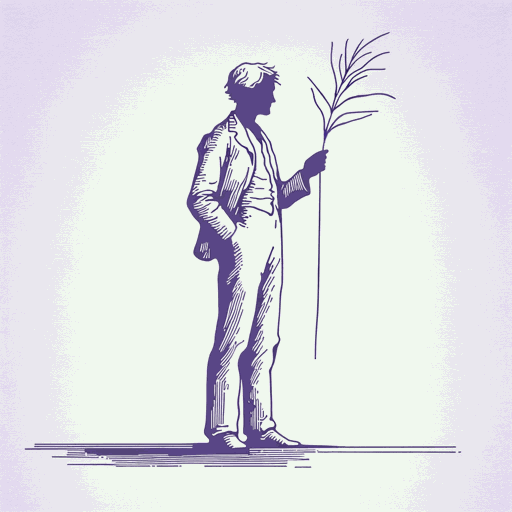45 pages • 1 hour read
Walt WhitmanSong of Myself
Fiction | Poem | Adult | Published in 1856A modern alternative to SparkNotes and CliffsNotes, SuperSummary offers high-quality Study Guides with detailed chapter summaries and analysis of major themes, characters, and more.
Background
Literary Context
“Song of Myself” is a quintessentially American poem in its incredible diversity of influences. Like the United States itself, “Song of Myself” is a melting pot. As a journalist, writer, and voracious self-learner, Whitman was not only widely read: He recognized this aspect of himself as supremely “American,” and was motivated to weave all his realms of knowledge together into a pastiche of American life. This section will discuss three of the major literary influences on “Song of Myself”: epic poetry, the Bible, and poetic movements of Whitman’s day, primarily Romanticism and Transcendentalism.
Whitman broadcasts his intent to interact with the epic genre in the very first line of his poem: “I celebrate myself, and sing myself.” The format recalls famous openings lines of ancient Greek and Roman epic poems: Homer’s “Sing, goddess, the wrath of Peleus’ son Achilles” and “Sing to me, Muse, a man of twists and turns” and Virgil’s “I sing of arms and a man.” While Whitman’s opening line immediately situates “Song of Myself” in the epic tradition, he deploys other epic devices too, the most famous being his liberal use of the epic catalogue (for more on 







Related Titles
By Walt Whitman

A Glimpse
Walt Whitman
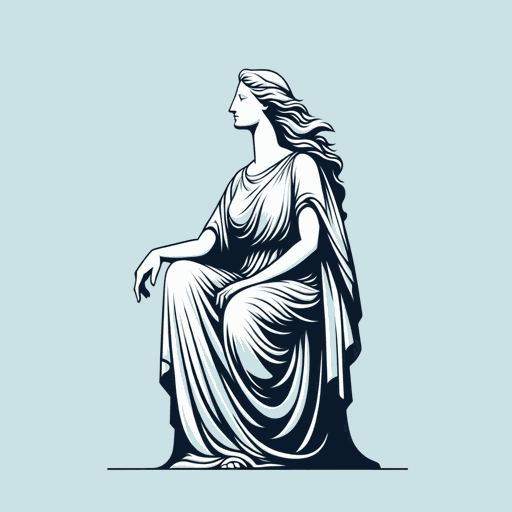
America
Walt Whitman

A Noiseless Patient Spider
Walt Whitman
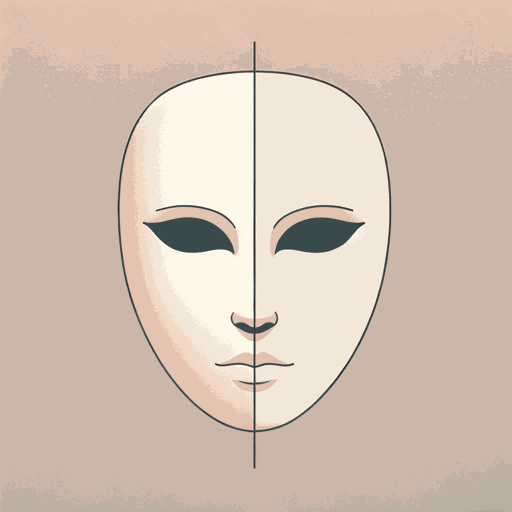
Are you the new person drawn toward me?
Walt Whitman
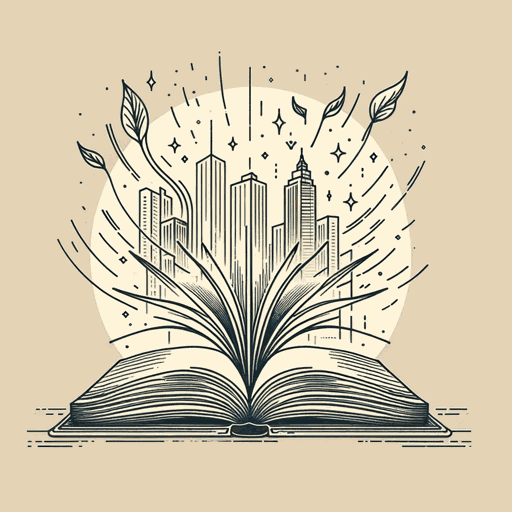
As I Walk These Broad Majestic Days
Walt Whitman

Crossing Brooklyn Ferry
Walt Whitman
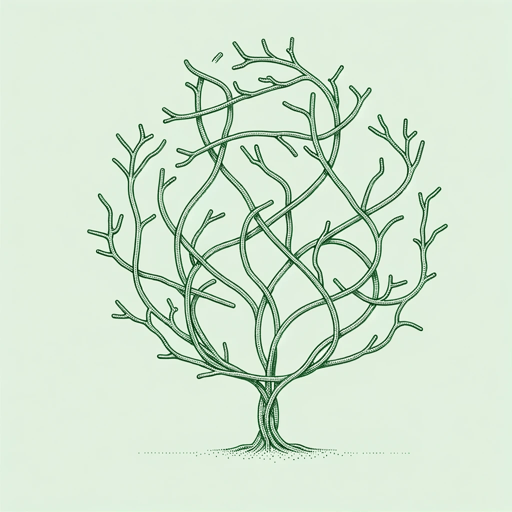
For You O Democracy
Walt Whitman
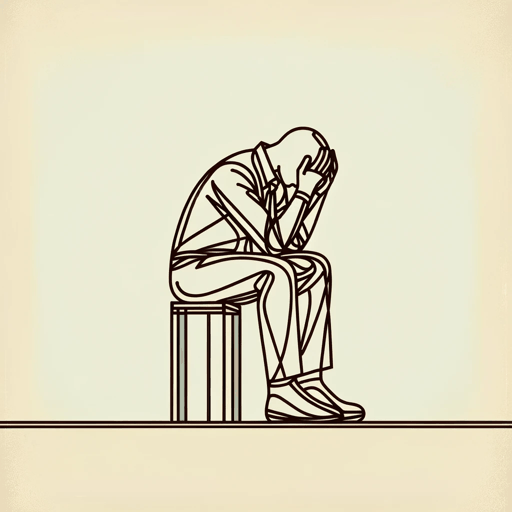
Hours Continuing Long
Walt Whitman
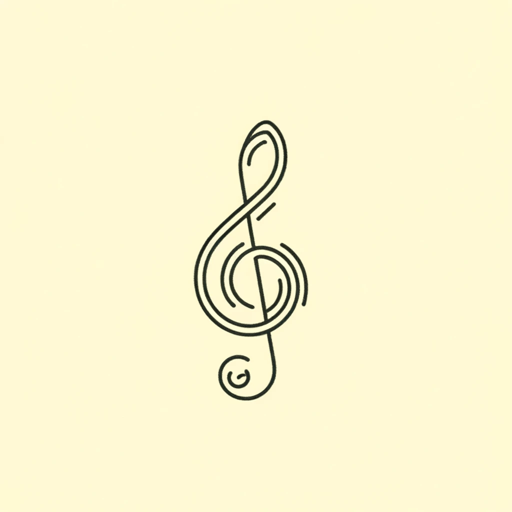
I Hear America Singing
Walt Whitman
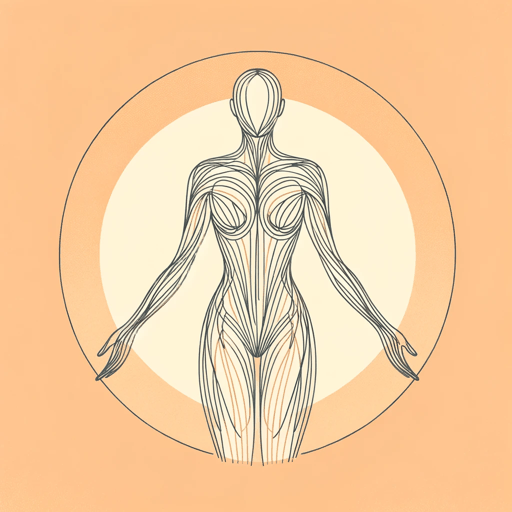
I Sing the Body Electric
Walt Whitman

I Sit and Look Out
Walt Whitman

Leaves of Grass
Walt Whitman

O Captain! My Captain!
Walt Whitman
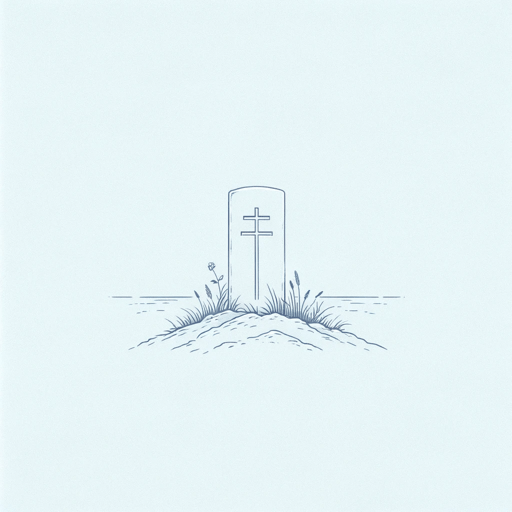
Vigil Strange I Kept on the Field One Night
Walt Whitman

When I Heard the Learn'd Astronomer
Walt Whitman
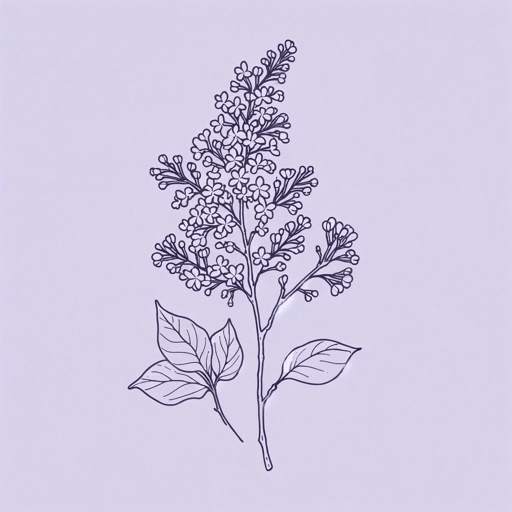
When Lilacs Last in the Dooryard Bloom'd
Walt Whitman
Featured Collections
Family
View Collection
Mortality & Death
View Collection
Nation & Nationalism
View Collection
Poetry: Family & Home
View Collection
Poetry: Perseverance
View Collection
Political Poems
View Collection
Romantic Poetry
View Collection
Short Poems
View Collection
Transcendentalism
View Collection
